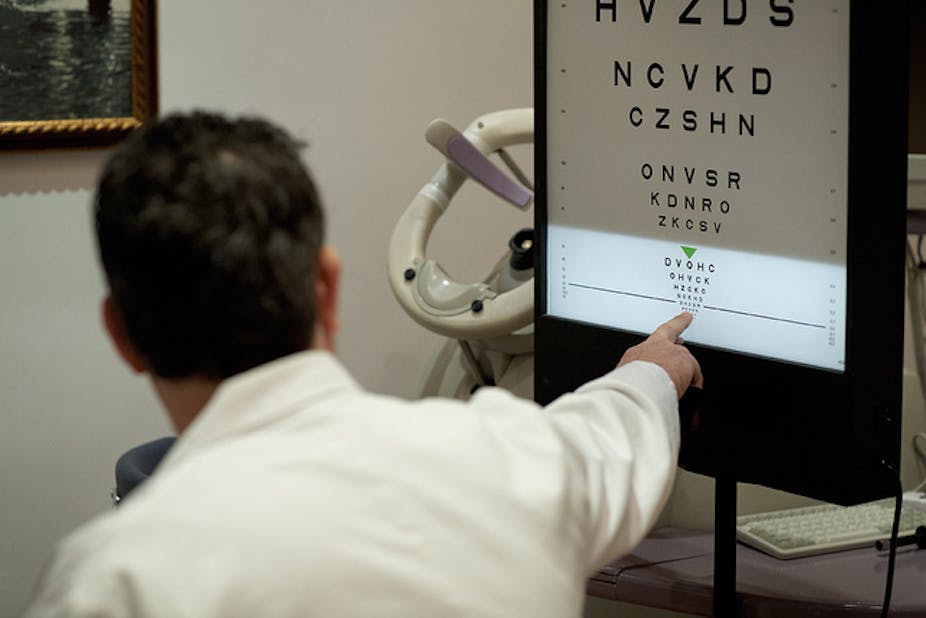Health insurer NIB will ask its customers to rate the performance of allied health practitioners including dentists, chiropractors and optometrists on a new website – whitecoat.com.au – which will launch on 20 June.
The site will rank health workers in 17 professions based on fees and the proportion of patients who would recommend the practitioner over others. Members will also be able to post reviews.
The Conversation asked University of Newcastle lecturer, journalist and author, Ray Moynihan, for his views.
What do you make of NIB’s plan?
The development of this website seems to be part of a more general recognition of the growing empowerment of the health consumer.
If you look at it one way, the site looks like a real step forward in terms of the ability of the public to judge the merits of different professionals. In this sense, it does look like it could be of some value.
But on the other hand, you can very much understand the concerns of health professionals that this list could be abused, that defamatory and inaccurate information could be posted, and that it could end up being unhelpful for everyone.
So there are some very serious consequences that need to be considered before it gets underway.
Why hasn’t the government done something like this already?
We are already seeing the professions act very strongly against this idea.
Governments are notoriously timid when it comes to dealing with health professions, particularly doctors. As expected, they’re concerned about anything that might encroach on their autonomy, their professional freedoms, or that threaten their reputations or status.
If this type of site is deemed to be a very valuable public health initiative – and it is a big “if” at the moment – is it something that the government, via health bureaucracies, should consider offering.
Medical and health boards investigate misconduct but are there many avenues to complain about poor service?
I think that’s what’s driving the creation of this website. It is the case that your behaviour as a health professional has to be very extreme before you are able to be reprimanded or de-registered by medical boards or other professional bodies.
So there is an awful lot of behaviour that doesn’t warrant those sorts of extreme reactions – this is the sort of behaviour that could be valuable for other consumers to know about potential health providers.
One of the great things about new information technology is this opening up of more democratic and participatory discussions through the Internet.
But one of the downsides is the ability for dangerously misleading information to be posted about particular health professionals that could be maliciously targeted at individuals, spread very rapidly, be amplified and stand uncorrected.
Unless there are very clear mechanisms in place to prevent this occurring, this is a cause for concern.
Do you have any concerns about how this information could be used by the health insurer?
It’s not my area of expertise but I wonder whether NIB would be able to use the information it gets as part of its market research, and potentially gather information about what its members are doing, and their likes and dislikes. This information could be used to inform their marketing strategies.

